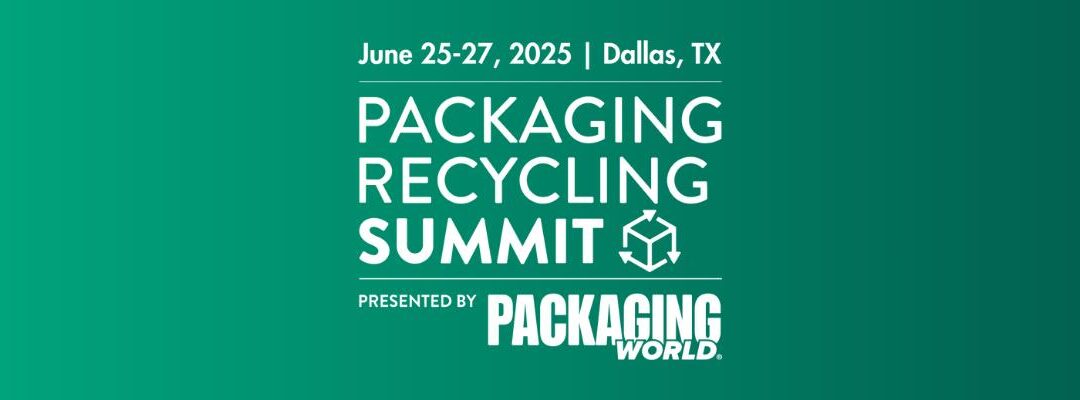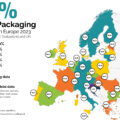During the Packaging Recycling Summit, held from June 25 to 27 in Texas, specialists from different sectors agreed on a central idea: advancing recycling requires actively integrating the consumer. Although the industry has invested in improving processes and materials, citizen participation continues to be a weak, often neglected link.
Paul Nowak, director of GreenBlue, insisted that the responsibility should not fall on the consumer, since, as he explained, they are not always given the necessary tools or information to recycle correctly. Poor communication and unclear labels hinder their involvement and generate skepticism.
For his part, Jonathan Quinn, from the U.S. Plastics Pact, focused on flexible plastics, whose recycling depends on systems that are not easily accessible, such as in-store delivery. He pointed out that convenience is key to consumer behavior, and requiring additional steps without offering benefits or compensation is ineffective.
From a behavioral perspective, Shira Abel recalled that, although most Americans value recycling, the figures do not reflect that intention. Faced with this contradiction, she proposed applying principles of behavioral psychology to facilitate automatic decisions and incentivize sustainable habits through rewards or clear consequences.
In short, the experts agreed that the recycling industry must rethink its strategy. Including the consumer from the design of packaging to its final management, with easy, attractive, and coherent systems, is essential to achieve a real improvement in recycling rates.














